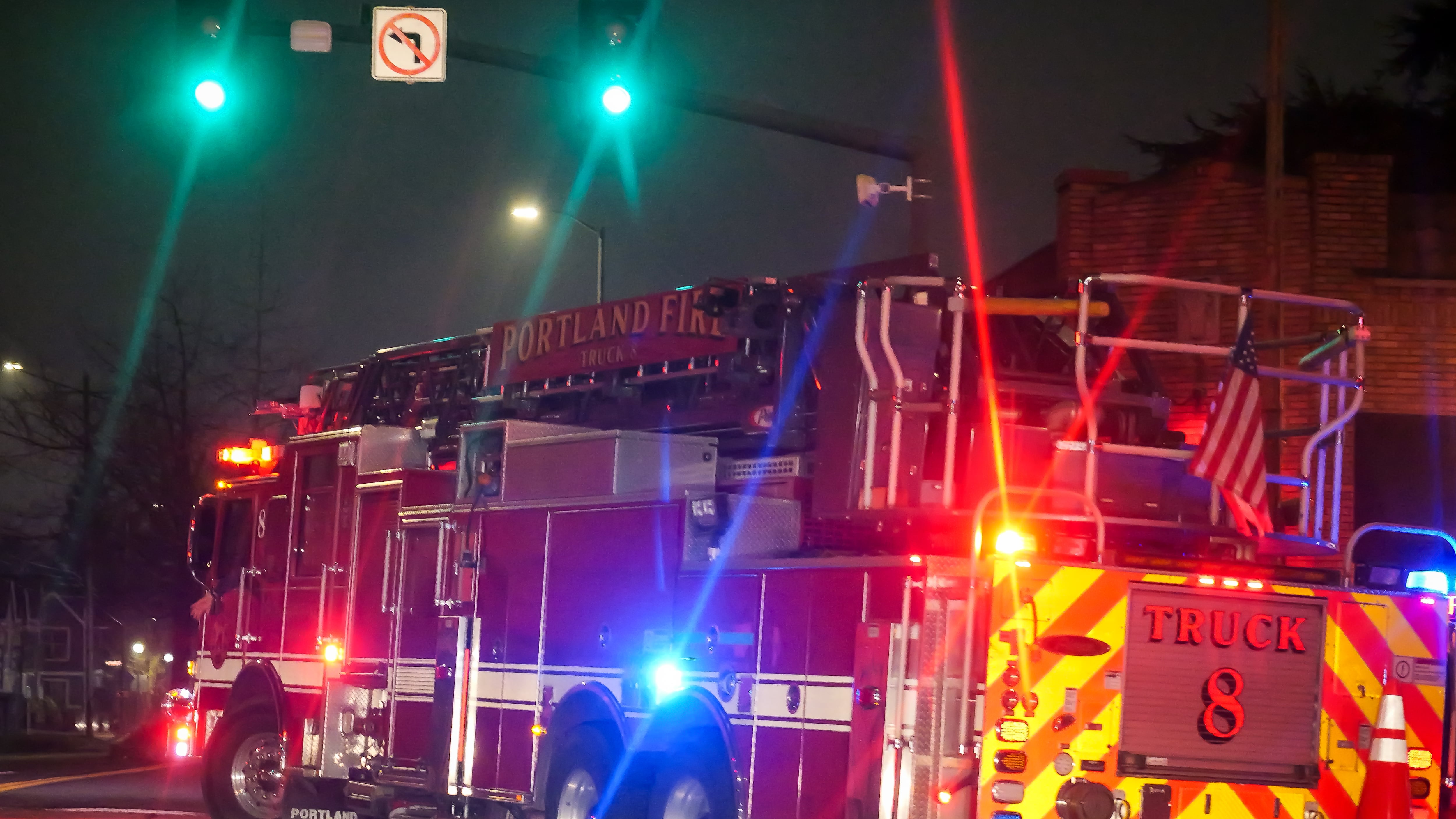As the Portland City Council weighed shifting $1.9 million from new funding earmarked for the Police Bureau to parks maintenance last week, elected officials on both sides of the issue pointed to polling as evidence that Portland voters shared their funding priorities.
In hearings, Councilor Angelita Morillo referenced polling that showed more voters approved cutting the police budget than cutting the parks budget. Mayor Keith Wilson, by contrast, sent a mass email citing new polling figures that showed most voters would support a requirement for minimum police staffing matching that of other major U.S. cities.
So one could find a bleak comedy in the latest round of polling results, which show neither police nor parks are the services Portland residents consider most essential.
Instead, new figures from the Oregon Values and Beliefs Center show, those competing priorities rank behind emergency medical response, streets and sidewalks, and mental health care.
Not that the 1,190 people surveyed this month were dismissive of cops or picnics: 79% said parks and community centers were essential or very important, and 77% said the same about nonemergency police service. It’s just that those services ranked lower than the 90% who called emergency fire and paramedic services essential or very important. (The city of Portland dispatches firefighters to medical emergencies, while Multnomah County contracts with an ambulance provider.)
Streets, sidewalks and transportation took second place with 85% of respondents saying they were essential or very important, and emergency mental health care and supportive services rounded out the top three with 82%.
Amaury Vogel, executive director of the Oregon Values and Beliefs Center, tells WW that police and parks both showed strong support. “Both parks and police are in the top five,” she said, “and they each ranked in the top five for three out of four districts.”
Parks finished outside the top five in District 1, which covers East Portland, while police were a lower priority in District 3—the progressive bastion of Southeast Portland.
While the OVBC polling doesn’t settle the parks-or-police question, it does provide a useful counterpoint to a survey funded by business interests last week that showed two-thirds of voters would support a ballot measure compelling the city to increase police staffing. Such a measure would double the Portland Police Bureau’s staffing budget, requiring new taxes or cuts to other services. The new polling is a reminder that Portlanders wouldn’t swallow those cuts willingly.
Vogel acknowledged that asking voters only about nonemergency police response would likely draw criticism, but said the civics nonprofit wanted to use the same wording as previous surveys to make an “apples to apples” comparison.
“We used this particular wording last year because the majority of people’s interactions with law enforcement fall under what’s officially considered ‘nonemergency,’ even when the situation feels like an emergency to the people involved,” she said. “For example, even in serious crimes like assault, if the suspect has left the scene it is no longer considered an emergency.”
The polling also contains a nugget of good news for the newly seated Portland City Council. It found 40% of residents felt that someone on the council represented their interests—a big increase from the 25% who felt that way before the new, 12-member body took office. The change was most dramatic in Southeast Portland’s District 3, where the number of people who felt represented on the council nearly doubled from 24% to 47%.
It’s a very different result from the business-backed polling last week, which found an approval rating of 40% for the council.
“The fact that council and committee conversations are lining up with what Portlanders say they care about most really drives that home,” Vogel tells WW. “Whether people feel represented because they see council is focused on their priorities, or they elected people who represent their priorities and that is being borne out in council meetings, it feels like charter reform is delivering some of the changes people hoped it would. It’s good to be reminded of that when things feel challenging.”

